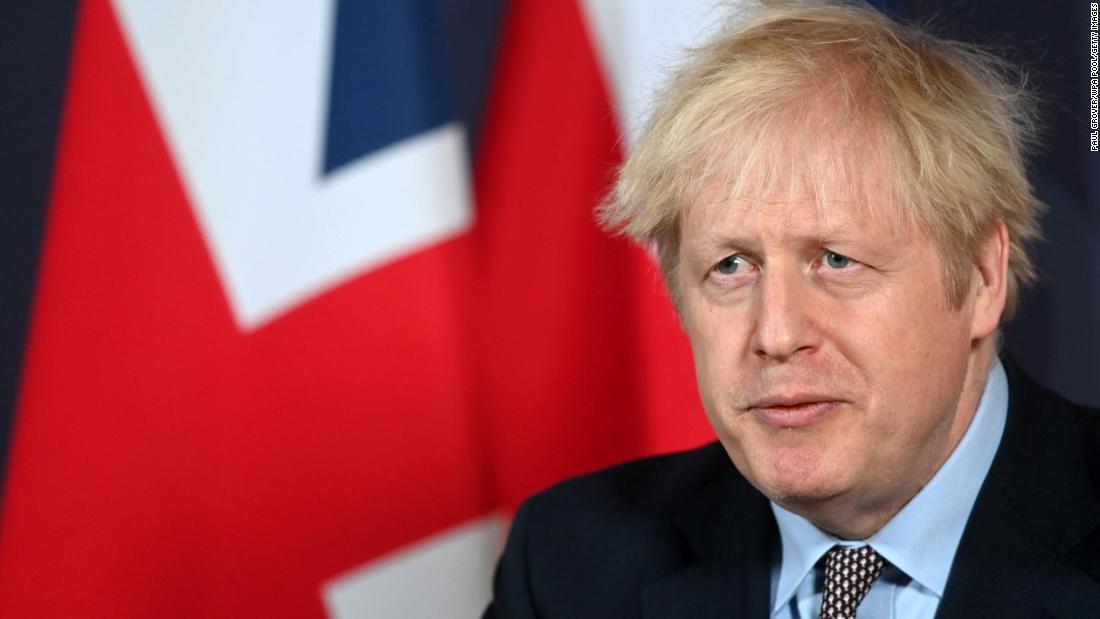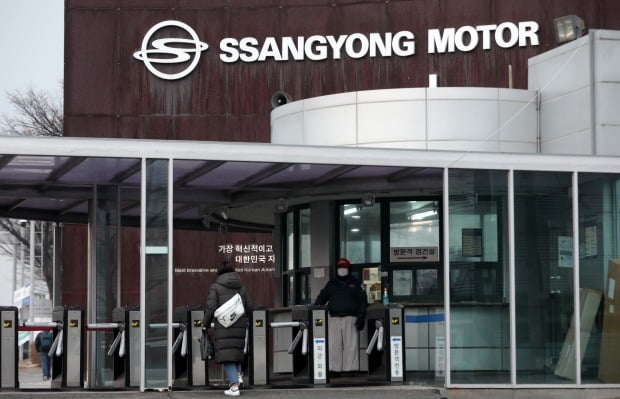The bill was comfortably passed, 521 to 73, after expedited sessions in both Houses of Parliament. The deal, finalized last week, marks a milestone more than four years after the United Kingdom voted to leave the European Union and months of fraught negotiations.
At the opening of the debate on Wednesday, Prime Minister Boris Johnson told members of Parliament that the deal “will open a new chapter in our national story” and allow the United Kingdom “to control our laws and our national destiny.”
The government bill is now expected to pass to the House of Lords, the upper house of parliament; If passed, he is expected to receive royal approval.
The deal has already won interim approval from the European Union, with European Commission President Ursula von der Leyen and European Council President Charles Michel officially signing the deal on Wednesday.
The European Parliament is expected to consider the deal at a later time before it is formally ratified by the European Union.
The deal agreed with Brussels outlines a new trade and security relationship with the UK’s largest trading partner after months of deadlock over areas such as fishing quotas, how the UK will use state aid to support British companies after Brexit, and legal oversight over any of them. The deal is sealed.
The agreement, which keeps Britain free of tariffs and quotas to consumers of the bloc, protects the UK from some of the most potentially dire consequences of Brexit as it grapples with a crippling pandemic.
The deal appears to cover mostly merchandise trade, as the UK has a deficit with its European Union neighbors, but it excludes key service industries such as finance, as it currently enjoys a surplus.
Opposition leader Keir Starmer, who campaigned against Brexit, said the bill was “weak” and failed to protect trade in the services sector, but Labor would support it in light of the devastating alternative: leaving the transition period without a deal.
The bill – which is 80 pages long, in contrast to the more than 1,200 pages of the Trade and Cooperation Agreement (TCA) – has been criticized for being rushed.
Parliament is considering implementation of the Technical Assistance Act (TCA) less than 48 hours before it comes into effect – so late that “no deal” becomes the only possible alternative, and for very limited use of those directly affected by it writes Brigid Fowler, Senior Researcher In the Hansard Society.
The vote comes against a backdrop of soaring Covid-19 cases in the UK as a more contagious type of virus is spreading across the country.
Hanna Ziadi and Julia Horowitz contributed to this story.

“동민은 커피에 대한 깊은 지식을 갖춘 전문가로, 다양한 커피 블렌드와 추출 방식에 대한 연구를 해왔습니다. 게임 세계에서도 그의 이름은 잘 알려져 있으며, 그의 취향은 다양한 게임 장르를 아우릅니다. 알코올과 특히 베이컨에 대한 그의 열정은 독특하며, 다양한 행사와 이벤트의 주최자로서 그의 통찰력은 뛰어납니다.”









